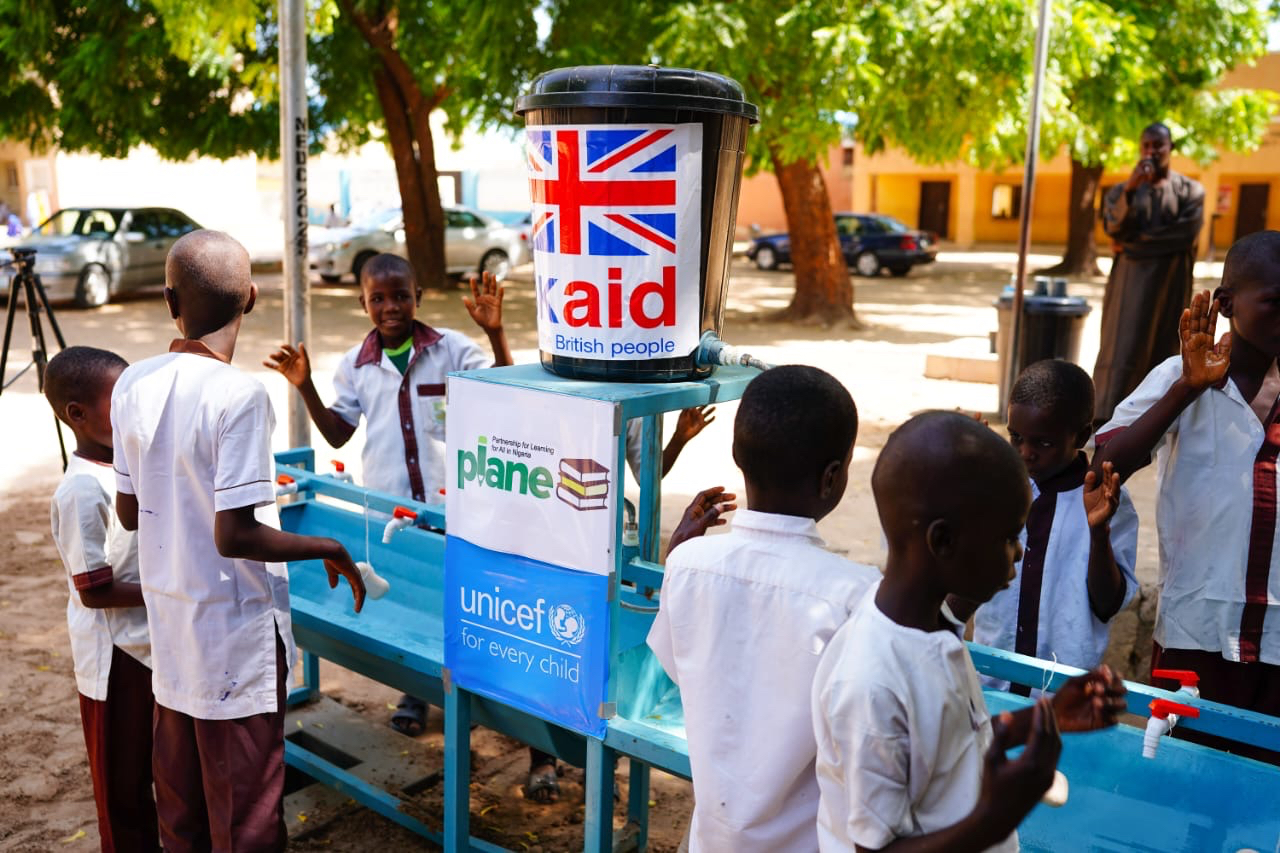The United Nations Children’s Fund has called on the Nigerian government to invest in handwashing facilities, which will promote school attendance, community health, and workplace productivity.
Speaking on Wednesday during a media mission to schools in Borno state as part of activities to commemorate the 2025 Global HandwashingDay, the UNICEF Officer in Charge of the Maiduguri Field Office, Marie Marcos, noted that investing in handwashing infrastructures and the hygiene education sector is important.
Marie noted only 35 per cent of schools have basic handwashing facilities, and only eight per cent of Nigerians can properly demonstrate handwashing techniques.
According to her, the Northeast region ranked second in Nigeria for households with fixed handwashing places with water and soap.
Marie said, “While 99 per cent of Nigerians are aware of when to wash their hands, only 8 per cent can demonstrate proper handwashing techniques. Only 17 per cent of households have access to basic hygiene services. Only 35 per cent of schools have basic handwashing facilities with soap and water.”
“The North-East ranks second in Nigeria for low households with fixed handwashing places with water and soap, though still low nationally at 22.1 per cent,” she stated.
She noted, however, that UNICEF, through the Borno state government, has supported the institutionalisation of group handwashing in 50 schools across the state, which is currently protecting about 20,000 schoolchildren.
“In Borno state, only 14 per cent of households have access to handwashing facilities with soap and water. Only 20 per cent of schools have basic hygiene facilities.
“UNICEF, through the Borno state government, has supported the institutionalisation of group handwashing in 50 schools, protecting about 20,000 schoolchildren and making it a daily, structured, and school-wide practice,” she said.
While calling for proactive action, she said, “With these findings, we respectfully call on our government at both state and national levels to prioritise and increase investment in handwashing infrastructure and hygiene education in schools.”
Also speaking, the Director of Hygiene in the Borno State Rural Water Supply and Sanitation Agency, Gana Mala, said prioritising hand washing will reduce waterborne disease, improve nutrition and enhance overall well-being.
“Let us continue to promote hand washing with soap and water, not just today, but every day. Let us work together to create a culture of handwashing that becomes a norm in our community,” she said.

